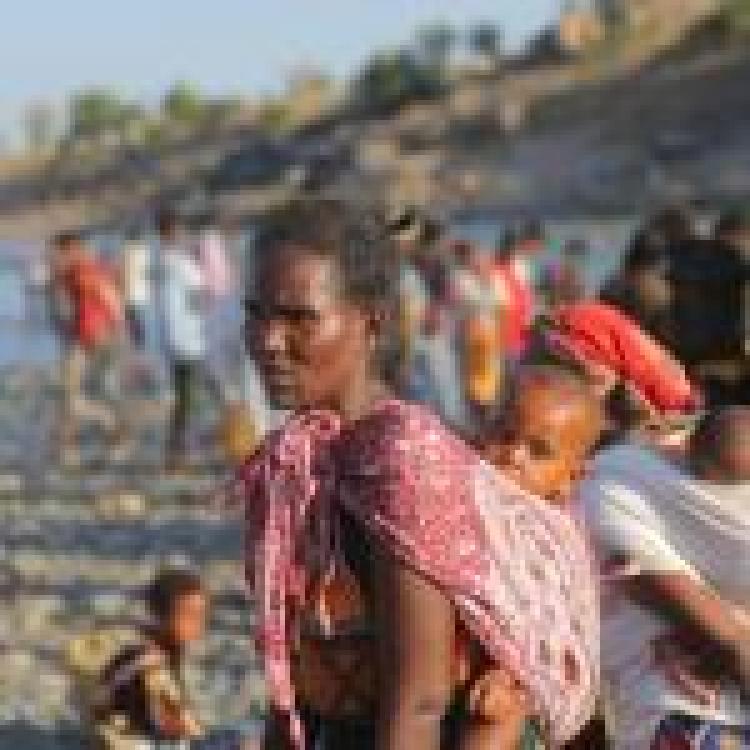The Irob minority group in Ethiopia are facing an existential crisis in addition to the mass atrocities inflicted by ongoing conflict in the Tigray state.
Ethiopian Prime Minister Abiy Ahmed launched military forces in response to “traitorous” attacks on military camps that has since escalated to thousands of civilian casualties, hundreds of thousands of people who have been internally displaced within Tigray, and 63,000 refugees who have fled to Sudan since fighting broke out on November 4th, 2020.
The embattled region the Irob occupy “has been turned totally upside down,” Teklay, resident in the capital Addis Abab, told Al Jazeera.
“Many, perhaps up to 50 per cent of the original population…fled to regional cities in Tigray and even to Addis Ababa, leaving mostly elderly and children behind” he added.
The Irob district has been largely inaccessible due to the communications blackout over the past six months with electricity and telecommunication access restricted and mobile phones often seized. The Ethiopian government has also ignored Amnesty International’s requests to access Tigray, making it difficult to investigate the human rights situation.
Teklay said the restrictions have made it “impossible to know the real death toll” and that there are major fears of starvation.
Martin Plaut, political observer said “The Irob district has effectively been annexed by Eritrea, which is treating it as part of its territory.”
“Links with the rest of Ethiopia have apparently been cut and maps of humanitarian aid show that none appears to be reaching the area — leaving people on the edge of starvation.”
The mass displacement of people from agrarian areas of Tigray and deliberate destruction of crops and lotted grain stores have prompted the UN among other onlookers to raise concerns over “catastrophic” food insecurity and the risk of impending famine.
“It’s almost as if Ethiopian Prime Minister Abiy has washed his hands of the Irob,” added Plaut.
Read more at Al Jazeera, Amnesty International, and The Associated Press


